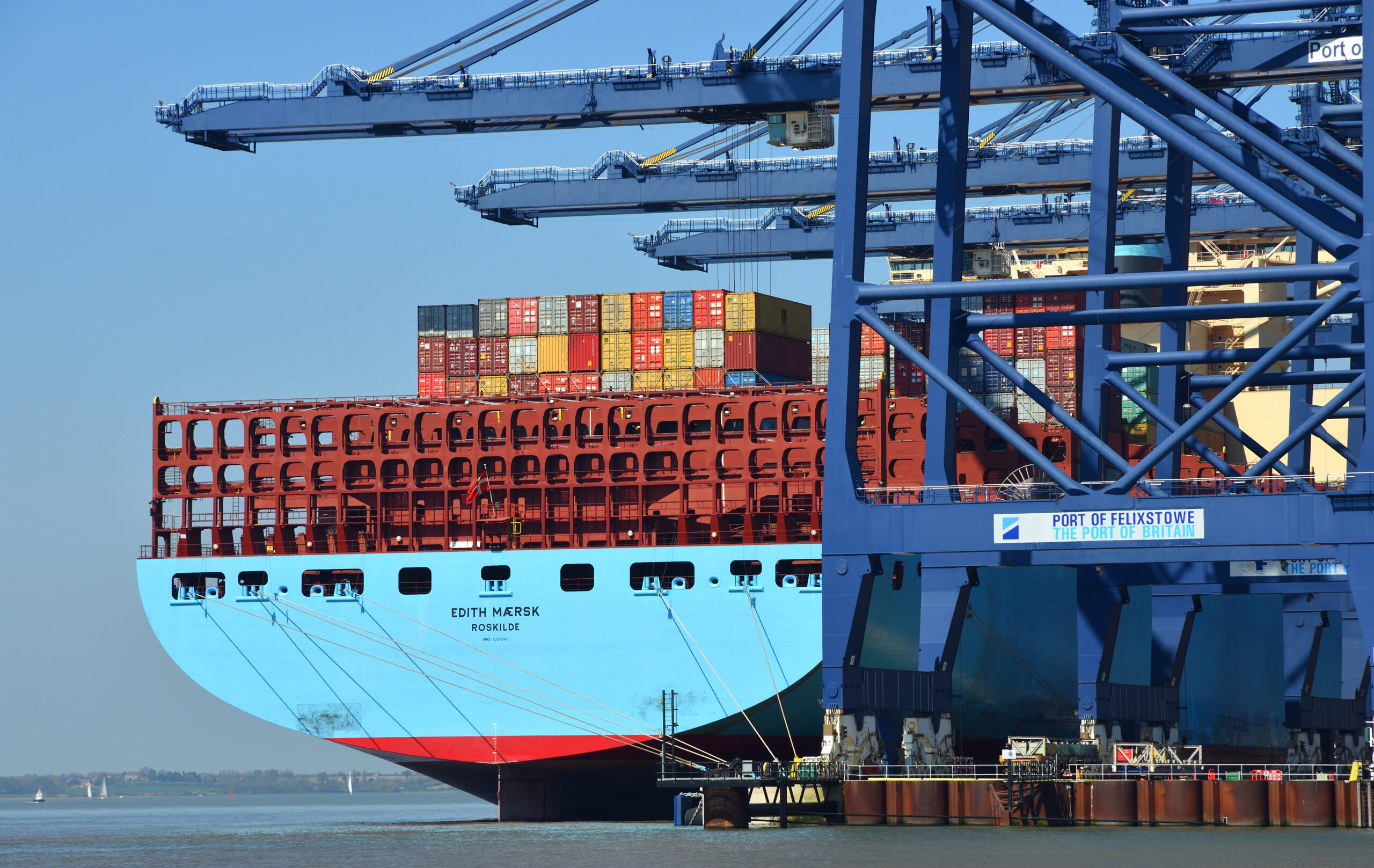Brazil and Norway have signed an Memorandum of Understanding (MoU) to establish a green shipping corridor aimed at significantly reducing greenhouse gas (GHG) emissions from maritime transport. The two countries will collaborate to promote sustainable shipping by adopting emissions reduction technologies, such as carbon capture and storage, and low- or zero-carbon fuels.
Under the MoU, signed by Brazil’s Minister of Ports and Airports, Silvio Costa Filho, and Norway’s Ambassador to Brazil, Odd Magne Ruud, both nations will strengthen business cooperation to promote sustainability throughout the logistics chain. They have agreed to work together to facilitate the development of low- and zero-carbon fuels and support international climate agreements, including the United Nations 2030 Agenda and the Paris Agreement.
At the signing ceremony, Brazil’s Minister Costa Filho commented on the MoU: ‘This project will benefit not just our two countries but the entire world. Together with the Norwegian government, we are committed to making maritime transport more sustainable and technologically advanced. Our goal is to develop a sector that harmonises economic growth with environmental responsibility, establishing Brazil as a reference for green shipping on the global stage.’
Ambassador Ruud said: ‘The ocean has historically linked Brazil and Norway, and this partnership, and this partnership will showcase the potential of sustainable shipping. With our long-standing maritime expertise, Norway is dedicated to supporting the energy transition and demonstrating the viability of green corridors.’
Brazil’s Ministry of Ports and Airports has recently introduced the country’s first Logistics Sustainability Policy, which is aimed at promoting environmental stewardship while fostering economic growth. This initiative includes port electrification, encouraging businesses to adopt sustainable supply chains, and bolstering emissions regulations and decarbonisation projects.
While Brazil is actively promoting green shipping initiatives as part of its presidency of COP30, to be held in Belém in November this year, it recently opposed the IMO’s proposed global carbon levy, citing the potential economic impacts of such regulations.
At the same time, Brazil is poised to play a pivotal role in the global energy transition due to its abundant renewable energy resources. With over 95% of its trade conducted by sea, Brazil has the potential to become a significant supplier of sustainable fuels, such as hydrogen, ammonia, and methanol, which are essential components in the production of zero-emission fuels.



